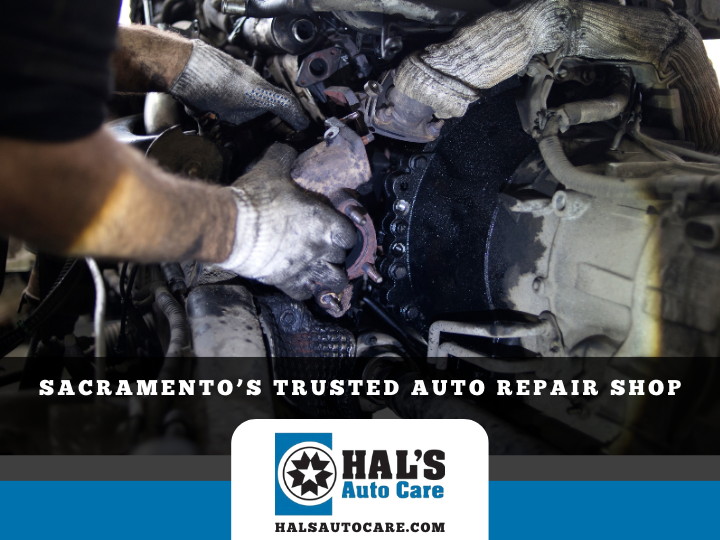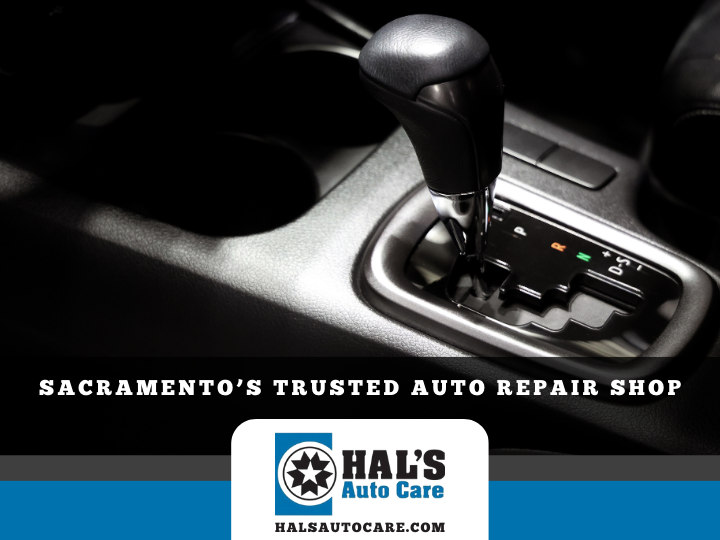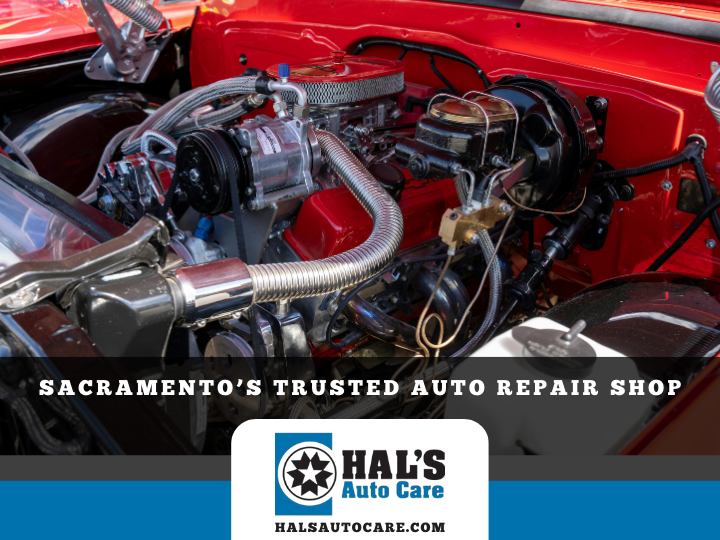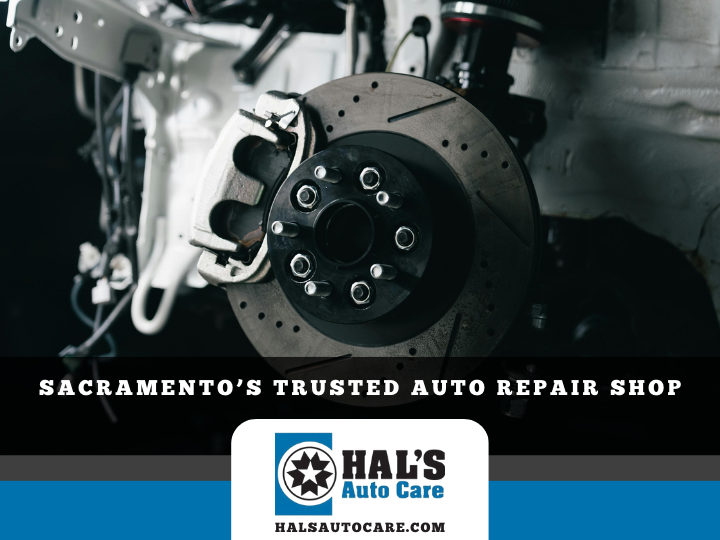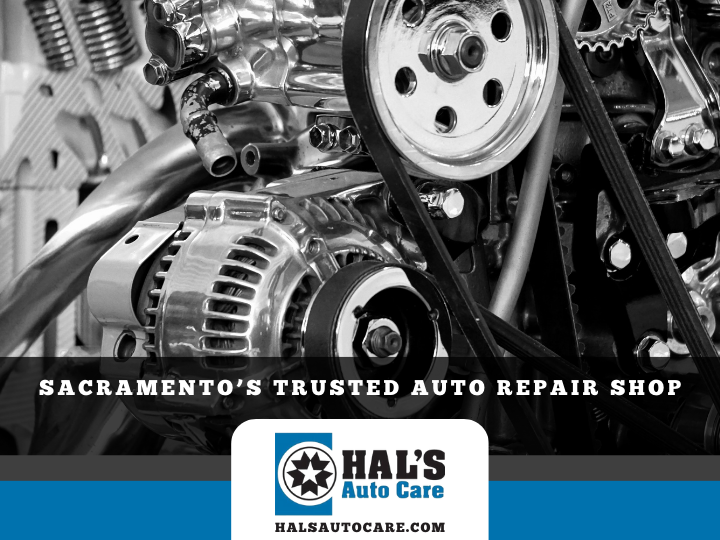Why does my steering wheel shake when I brake?
Mike Schedler • August 10, 2024
Why does my steering wheel shake when I brake?
Causes of Warped Brake Rotors
- Stop-and-Go Traffic: Frequent braking in heavy traffic generates excessive heat, leading to rotor warping.
- Mountain Driving: Prolonged braking while descending steep slopes can overheat the rotors.
- Towing Heavy Loads: When towing, the added weight increases the braking force required, causing the rotors to heat up more quickly.
- Constant Contact: If the calipers are stuck, the brake pads remain in constant contact with the rotors. This continuous friction generates heat, leading to overheating and warping.
- Causes of Sticking: Corrosion, dirt, or a lack of lubrication can cause the calipers to stick.
Stuck Front Brake Caliper Sliders:
- Limited Movement: The sliders allow the calipers to move smoothly. If they are stuck, the calipers can't adjust properly, causing uneven pad wear and rotor overheating.
- Maintenance Issues: Regular maintenance can prevent the sliders from sticking by ensuring they are clean and well-lubricated.
Improperly Adjusted Rear Brakes:
- Increased Front Brake Pressure: If the rear brakes are not correctly adjusted, the front brakes bear more load, causing them to overheat.
- Adjustment Necessity: Regular brake inspections and adjustments can ensure even braking pressure distribution.
- Initial Signs: Slight warping might not be immediately noticeable but can develop into a significant issue over time.
- Early Detection: Routine inspections can catch minor warping early, allowing for corrective measures before it worsens.
Other Contributing Factors
- Control Arm Bushings: Worn bushings can cause excessive movement in the suspension, leading to vibrations.
- Inner and Outer Tie Rod Ends: These components affect steering precision. If they are loose, it can cause shaking.
- Upper Control Arm Bushings: Similar to the lower bushings, wear in these can contribute to vibrations.
- Glazed Pads: Overheated pads can become glazed, reducing their effectiveness and causing uneven rotor wear.
- Quality of Pads: Using high-quality brake pads can reduce the risk of overheating and warping.
Importance of Professional Inspection
- Rotor and Pad Inspection: Checking for signs of warping, glazing, and wear.
- Caliper Functionality: Ensuring the calipers and sliders are moving correctly.
- Brake Adjustment: Verifying that both the front and rear brakes are properly adjusted.
- Suspension Check: Inspecting suspension components for wear and looseness.
- Brake Fluid: Ensuring the brake fluid is clean and at the correct level, as contaminated fluid can affect braking performance.
Preventive Measures
To prevent future issues with your brake rotors, consider the following preventive measures:
- Regular Maintenance: Schedule routine brake inspections and maintenance to catch issues early.
- Quality Parts: Use high-quality brake pads and rotors to reduce the risk of overheating and warping.
- Driving Habits: Avoid riding the brakes, especially in heavy traffic or when descending hills, to prevent overheating.
- Load Management: Be mindful of towing limits and ensure your vehicle is not overloaded.
https://youtu.be/j7nURDMCnLk





